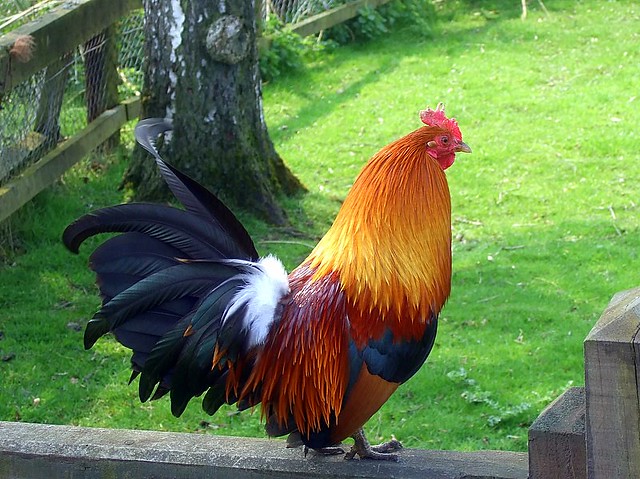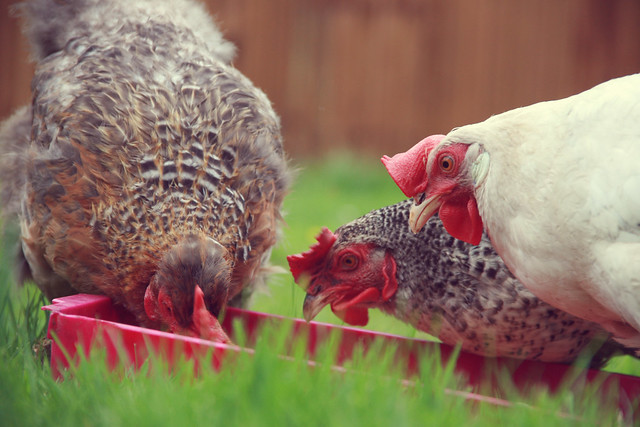Words for fish and related things in the Celtic languages.
| Proto-Celtic | *ɸēskos = fish |
|---|---|
| Old Irish (Goídelc) | íasc = fish íascach = fish, fishing |
| Middle Irish (Gaoidhealg) | íasc, iasc, īesc, éisc, escc = fish íascach, iasccach = abounding in fish íascaire, iscaire = fisherman íasmar, iascchmar = full of fish, productive in fish |
| Irish (Gaeilge) | iasc [iəsˠk] = fish, to fish iasc = fishing, fishery iascaire = fisherman iascaireacht = fishing, fishery iasceolaíocht = ichthyology (scientific study of fish) iasciteach = fish-eating, ichthyophagous iascúil = abounding in fish, easy to fish, good at fishing |
| Scottish Gaelic (Gàidhlig) | iasg [iəsg] = fish, Pisces iasgach [iəsgəx] = fishing, angling, fishery iasgachadh [iəsgəxəɣ] = (act of) fishing iasgadair [iəsgədɪrʲ] = fisher(man) iasgail [iəsgal] = fishy, pertaining to fish, good for fishing iasgan [iəsgan] = small fish, mussel |
| Manx (Gaelg) | (y)eeast = fish eeastagh(ey) = to angle, to fish, angling, fishing eeasteyr = fisherman eeasteyraght = fishery, fishing eeasteyrys = fishing eeastoil = abounding in fish, fishy eeast-oaylleeaght = ichthyology |
| Proto-Brythonic | *uisk = fish *Uɨsk = fish, river name (originally meaning “abundant in fish”) |
| Welsh (Cymraeg) | Wysg [uːɨ̯sk / ʊi̯sk] = Usk (a river and town in south Wales) Caerwysg = Exeter |
Etymology: from the Proto-Indo-European *pisḱ-/peysḱ- (fish) [source]. The name of the river Exe in Devon comes from the same root, as does Exmoor, where the river rises, Exmouth, where it meets the sea, and Exeter, which stands on the river. The rivers Esk (North Yorkshire, Cumbria, Dumfries and Galloway, and East Lothian) and Axe (one in Dorset, Somerset, Devon; and another in Somerset) get their names from the same root [source].
| Proto-Brythonic | *pɨsk [pɨsk] = fish *pɨskọd [pɨˈsˑkɔːd] = fish (pl) |
|---|---|
| Middle Welsh (Kymraec) | pisscaud, psycgaut, pesgod = fish(es), Pisces pysgodfwyd = ichthyophagous, piscivorous, fish-eating, fish-meal pysgodlyn, pyscotlyn = fish-pool, fish-pond peskod ha, pyscotta, pyscota = to fish, angle, fishing pyscodwr, pyscod-wr, pyscottwr = fisherman, fisher |
| Welsh (Cymraeg) | pysgod [ˈpəsɡɔd] = fish(es), Pisces pysgodaidd = fishy, piscine, piscatory, piscatorial pysgodfwyd = ichthyophagous, piscivorous, fish-eating, fish-meal pysgodig = full of fish pysgodlyn = fish-pool, fish-pond pysgota = to fish, angle, fishing industry pysgotwr = fisherman, fisher, angler, kingfisher, fishmonger |
| Middle Cornish (Cernewec) | pisc, pysc = fish piscadur, pysgadyr = fisherman pisclin = fishpond pisgetta, pysgetta = to fish |
| Cornish (Kernewek) | pysk [pɪːsk] / pesk = fish pyskador, peskador = fisherman pyskadores, peskadores = fisherwoman pyskessa, peskecha = to fish pysklyn, pesklyn = fishpond pyskva, peskva = aquarium |
| Middle Breton (Brezonec) | pesq(uet) = fish |
| Breton (Brezhoneg) | pesk(ed) [ˈpes.k(et)] = fish pesker [ˈpeskɛʁ] = fishmonger, fisher(man) pesketa [pɛs.ˈke.ta] = to fish pesketaerezh [pɛs.ke.ˈtɛː.rɛs] = fishing, fisheries |
Etymology: from the Latin piscātus, past participle of piscor (to fish), from piscis (fish), from Proto-Indo-European *péysks (fish) [source]. Words from the same PIE root include peshk (fish) in Albanian, pesce (fish) in Italian, poisson (fish) in French, fish, piscine (pertaining to fish), Pisces in English, and fisk (fish, Pisces) in Danish [source].
Interesting idioms related to fish:
- Irish: Iasc as uisce i do bhéal! = Restrain your tongue! (“Fish out of water in your mouth”)
- Irish: Ar iascadh libh? = Did you catch fish / succeed in your quest
- Irish: Ar iascach ar dhuine = to fish information from sb
- Scottish Gaelic: gaoth an iar, iasg is bainne = wind from the West, fish and milk
- Welsh: pysgota mewn dŵr llwyd = to fish in troubled waters (“to fish in grey water”)
Sources: Wiktionary, Etymological Dictionary Of Proto Celtic, In Dúil Bélrai English – Old Irish glossary, eDIL – Electronic Dictionary of the Irish Language, Teanglann.ie, Am Faclair Beag, An etymological dictionary of the Gaelic language, Fockleyreen: Manx – English Dictionary, Online Manx Dictionary, Gaelg Corpus, Geiriadur Prifysgol Cymru, Lexicon cornu-britannicum : a dictionary of the ancient Celtic language of Cornwall, Gerlyver Kernewek, Devri : Le dictionaire diachronique du breton, Dictionnaires bilingues de Francis Favereau / Edition Skol Vreizh, TermOfis











